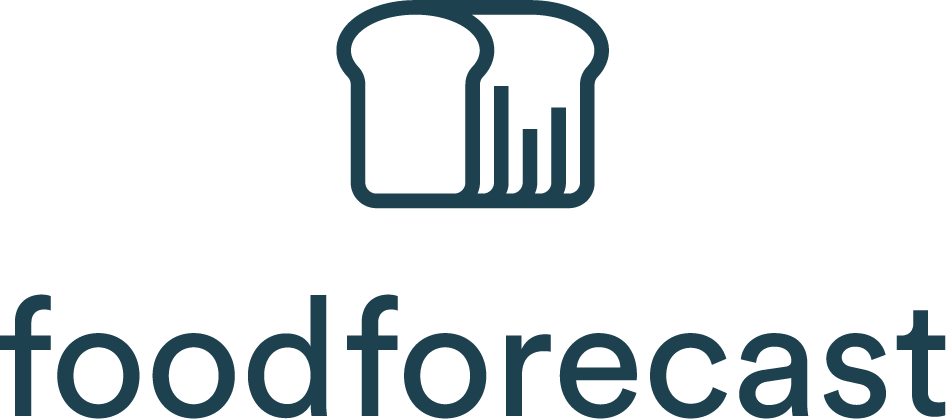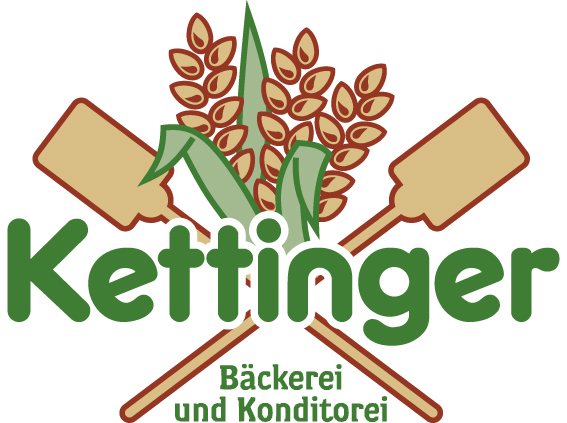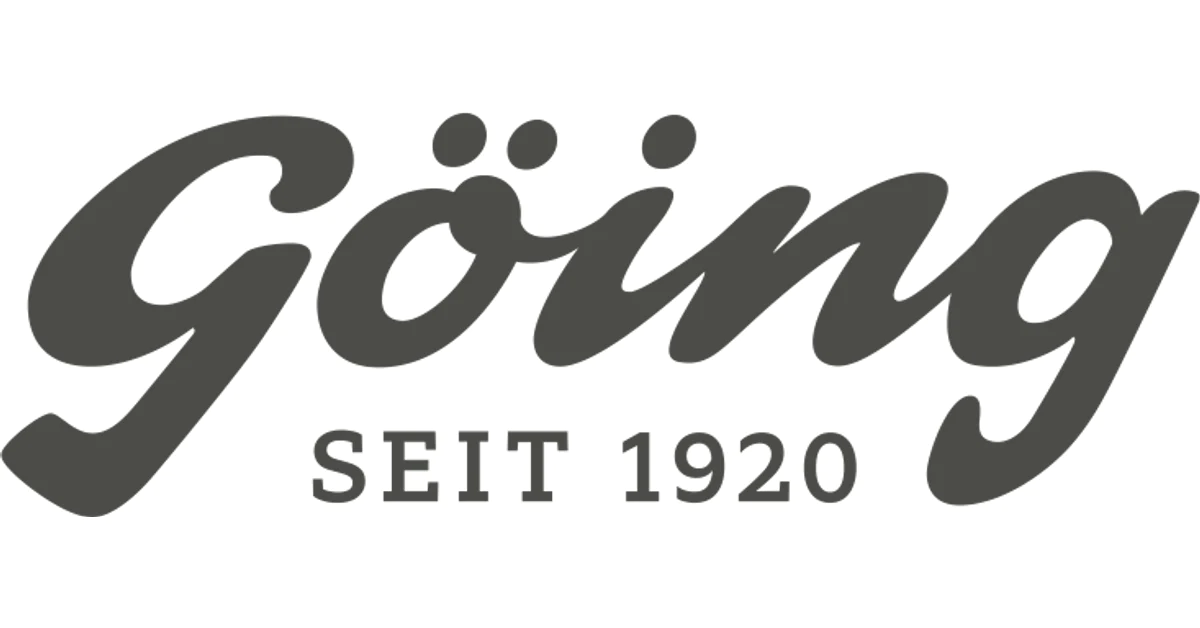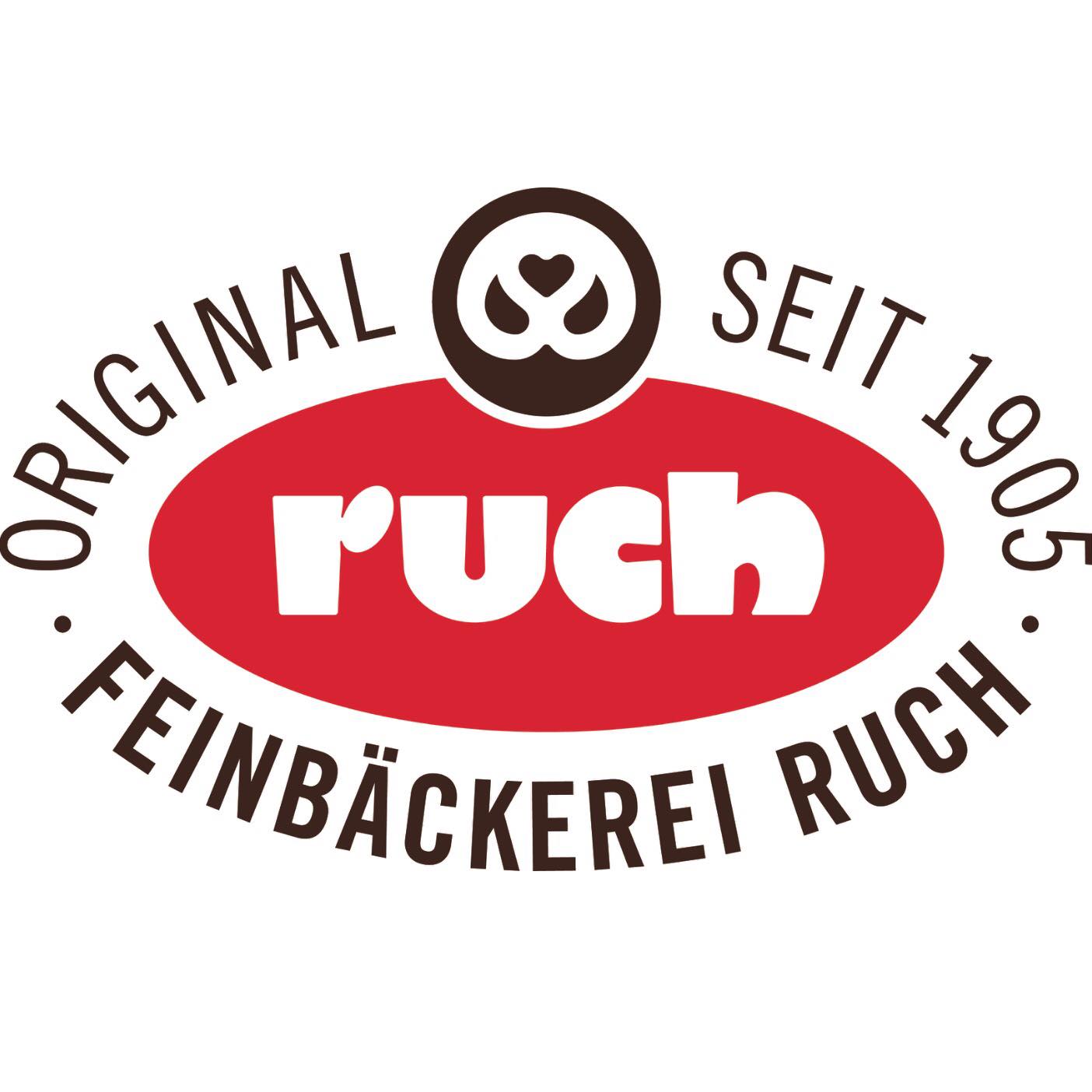What does returns mean in the bakery industry?
The term " returns" is not only common in online retail - it also describes a central problem in the bakery industry: unsold baked goods that are left over at the end of the sales day and usually have to be disposed of.
The aim of every bakery is therefore to reduce the returns rate in order to avoid food waste, costs and loss of resources.
Reduce return rates with intelligent planning
An excessively high returns rate in the food sector, especially in bakeries, is often the result of inaccurate sales planning. However, these returns can be significantly reduced with the help of modern technologies and artificial intelligence:
- AI-based planning solutions such as foodforecast analyze sales data and create precise forecasts.
→ In practice, this can reduce the returns rate by an average of 30%. - Demand-oriented production reduces excess quantities by precisely matching them to actual demand.
- Flexible production planning allows adjustments to be made at short notice in the event of changes in weather or demand.
Useful recycling of returns
Not every return has to be disposed of. Many bakeries rely on sustainable solutions to make good use of returns. For example, baked goods that are still edible are offered at a reduced price the following day. Alternatively, unsold baked goods from the previous day can be processed further - for example into breadcrumbs, dumplings or as a base for new dough products. In this way, food waste can be significantly reduced and economic added value can be achieved at the same time.
Why returns reduction is so important for bakeries
The returns rate in the food industry not only has an economic impact, but also an ecological one. In Germany, around 600,000 tons of bread are returned every year - an average value of €65,000 per store.
The consequences at a glance:
- Cost increases due to raw material, energy and personnel costs
- Waste of resources due to unnecessary production
- Food waste that harms the environment and our image
Targeted optimization of the returns process is therefore essential for sustainability and profitability.
How to optimize the returns process
Various measures can be taken in the bakery to reduce the returns rate:
1. demand-oriented production
Use of sales forecasts and real-time data for precise production planning.
2. sale of remaining stock
Sales shortly before closing time or via special promotions to avoid surpluses.
3. donations and recycling
Integration of charity or creative product development with leftover pastries.
4. customer feedback & product range
Optimization of the offer through regular customer feedback and loyalty programs.
5 Efficient storage and logistics
Optimized cooling and transport processes minimize quality losses and therefore also returns.
Request a callback
We will be happy to call you back promptly to talk to you personally









